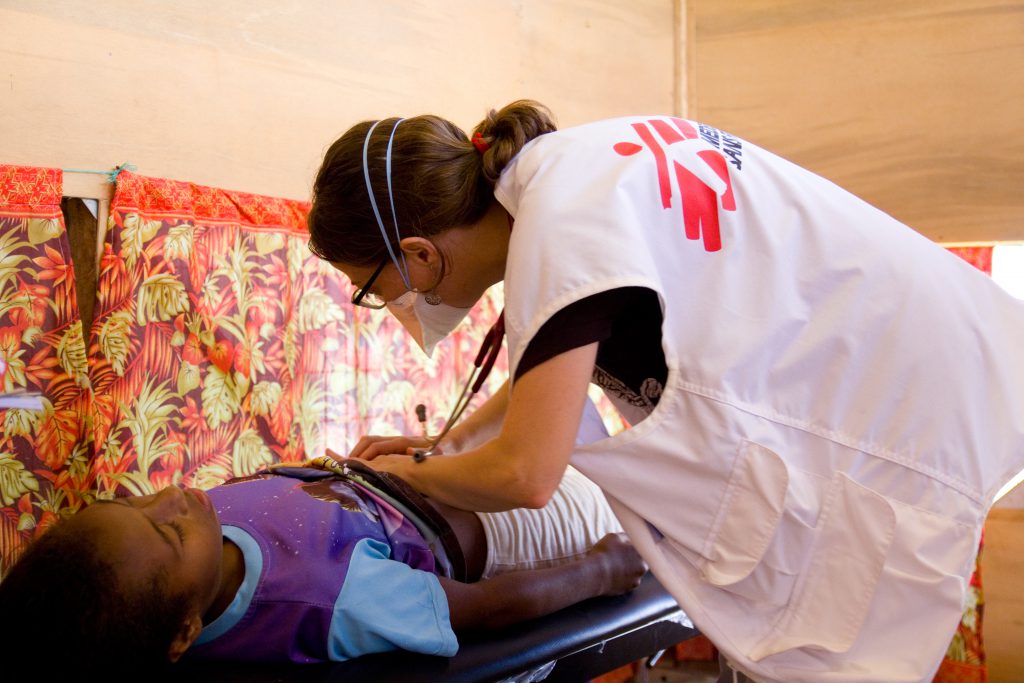TB is a critical public health issue in this Pacific island. Gulf province is one of the worst affected areas, with some pockets of very high prevalence.
After months of rain, many of the track roads around Kerema have turned into deep clay mud. But neither the sea, too dangerous, nor the rivers, infested with crocodiles, offer feasible alternatives. In such conditions, how can we reach out to remote communities… and people who may be suffering from tuberculosis?
Médecins Sans Frontières (Doctors Without Borders) decided to trial an innovative approach and used unmanned aerial vehicles to send sputum tests for diagnosing TB to Kerema hospital.
Benjamin Gaudin, head of mission, Médecins Sans Frontières, (in English) The impact is to improve considerably and drastically the diagnostic capacity, to be able to react quickly, and to have a clear idea of what is the situation for the person, even if she is, or he is in a remote place far from any referral hospital. It’s very new and it could be a real revolution for us in terms of effectiveness of diagnostic system.
The use of UAVs is still in its trial phase. Operated using a smartphone, they are currently capable of travelling at a speed of 60km/hour with a range of 28 kilometres. The Médecins Sans Frontières team also works in Kerema hospital.
The aim is to establish, within 5 years, an effective model of care adapted to the context that can then be replicated in other affected areas in the country.













